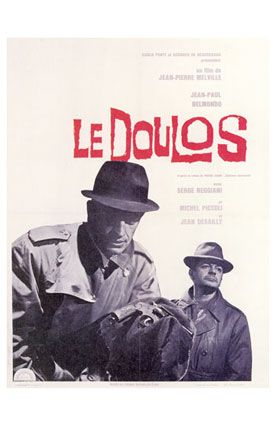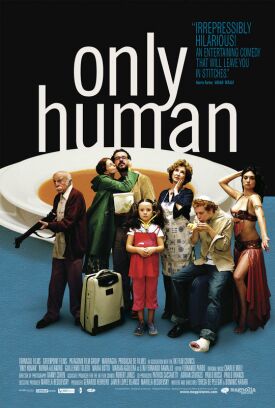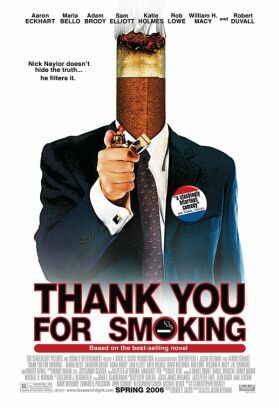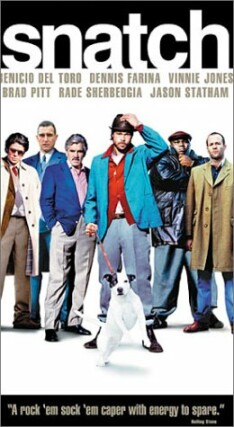Doulos, Le
“There’s honor among thieves, they say.” So says Police Inspector Clain (Jean Desailly) to the impossibly glamorous anti-hero, Silien (Jean Paul Belmondo), in Jean-Pierre Melville’s “Le Doulos” This classic of 1962, today beginning a two-week revival at Film Forum in New York, bears him out, though it also shows us that betrayal is the way of the world. The title is usually translated as “The Finger Man,” though “The Snitch” would be more idiomatic. But the difference between loyalty and betrayal is never what it seems, as in classic film noir of which Melville was a big fan.
Silien, a small-time hoodlum and a reputed police informer from the Parisian milieu, would “do anything for a friend — on either side of the law,” his friend Jean (Philippe March) tells us. This makes it particularly unfortunate that, of the only two friends he has apart from Jean, one is a criminal, Maurice Faugel (Serge Reggiani), while the other is a cop, Salignari (Daniel Crohem). When Salignari and some other policemen interrupt Maurice and an accomplice in the middle of a robbery, the accomplice and Salignari are both killed and Maurice is wounded. Escaping with a bullet in his shoulder, Maurice soon faints from loss of blood and is picked up and taken — we don’t yet know how — to Jean’s place. He believes that Silien has ratted him out and vows vengeance.
But is it true? By skilful use of point-of-view film-making, Melville first persuades us that it is and then that it is not. It is said that even Mr Belmondo did not know the truth about his character until he saw the finished film on its commercial release. Of course the point is to submerge us in moral ambiguity, just as the noir films so often did. This ambiguity is summed up by Maurice in his explanation of a betrayal of his own, which takes place in the movie’s introductory scenes. There Gilbert (René Lef vre), another partner in crime who has been looking after Maurice on his release from prison and showing him great kindness, lends him his revolver, ostensibly for the job which is later interrupted by Salignari. Maurice promptly shoots him. Subsequently, he explains that Gilbert had been treating him so well in order to make up for killing a girlfriend of his, Maurice’s, while he was in prison. “He became my friend,” says Maurice regretfully. “Killing Gilbert was hard. I probably wouldn’t have done it but for a casual, irreparable gesture. He turned and saw the gun aimed at him. You don’t aim at a friend. There was only one thing to do.”
The betrayal, that is, had been at least partly inadvertent — but then, paradoxically, it had become a matter of honor for him to complete it. It’s partly a comic idea and in “Le Doulos” comedy of an absurdist stripe more than once seems to be obtruding on the grim drama of honor and betrayal — as it did more obviously and explicitly in Melville’s “Bob Le Flambeur” of 1955. Sometimes this comedy now must seem unintentional, as when a gravely wounded man struggles towards a telephone, his only means of summoning help, and with his dying breath uses it to cancel a dinner engagement. We shouldn’t rule out the possibility that Melville intended a bit of black comedy here, but I think it more likely that he allowed his admiration for quixotic acts of chivalry and generosity and even politesse to go a little over the top at a particularly unfortunate moment.
Yet I, for one, don’t mind this. In fact, I like “Le Doulos” all the better for it. Tastes may differ, but I find the leavening of humor, whether intentional or unintentional, makes the film’s noirish concoction of French-style moral nihilism and romantic criminality go down a lot easier. There is a strong period feel to it, of course. Melville’s invitation to us to admire the two thieves and murderers, Maurice and Silien, because in the midst of an inevitable moral chaos they are at least true to themselves and to each other would be inconceivable without the Left Bank existentialism of the French 1950s.
Also dating it are the trench-coats, hats and cigarettes, the big American cars that the heroes (like Melville himself) all seem to drive, the cool jazz soundtrack and the casual or brutal treatment of women — which will be fatally off-putting for some — especially poor Thér se (Monique Hennessy), Maurice’s hapless girlfriend. A particularly effective scene has Silien visiting her when he knows Maurice is out and looking like a rat first in one way and then in another before appearing, by the end, to have been acting, even in this, in his friend Maurice’s own best interests. The point is that, whatever you do, “in this business, you end up either a bum or dead.” Sounds about right.
Discover more from James Bowman
Subscribe to get the latest posts to your email.








